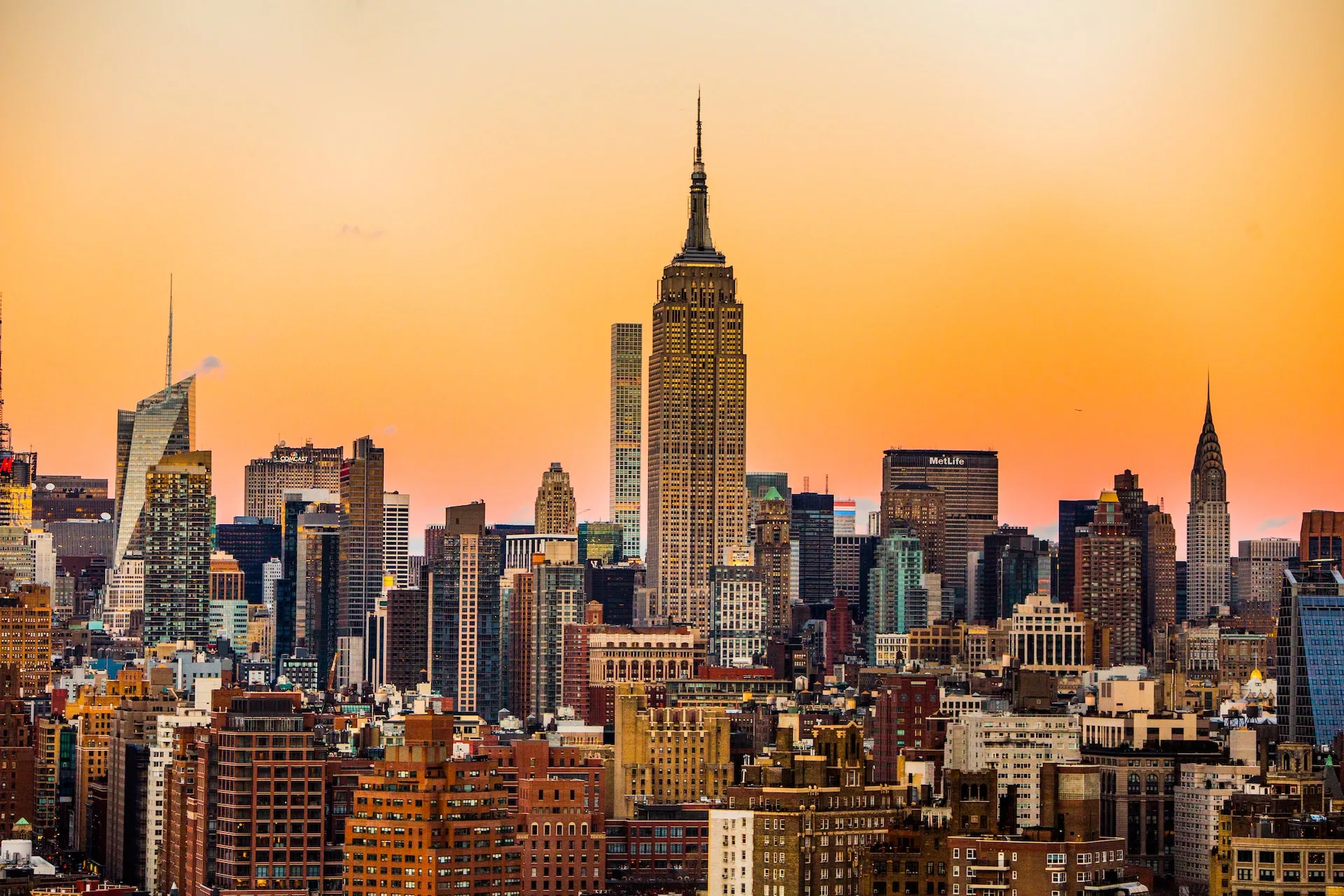Over the past week, Canada’s eastern provinces, Quebec and Ontario, have been battling wildfires. These fires have already charred over 9 million acres of land and caused over 20,000 people to evacuate.
The effects of these wildfires have now made their way to parts of America. Cities like New York City and Pennsylvania are witnessing thick smog and experiencing air alerts, calling for people to stay indoors.
How Do Canadian Wildfires Cause Air Pollution In New York?
Speaking to TIME, Tom Kines, a senior meteorologist at AccuWeather, explained that the extensiveness and continuity of the flames explain the smoke’s trajectory into U.S. states,
“These fires are still burning up there. They’re still putting smoke into the sky, and as long as you have a source of smoke it’s going to be an issue,” Kines says.
As the wind is currently traveling from north to south, the fire’s smoke follows this path. It moves from eastern Canada, towards the U.S. northeast and Midwest.
“All the smoke that gets deposited up in the air gets caught in the wind flow and pushed out into the states,” Kines says, revealing that this has been an event for the past day or two.
Kines adds that while smoke levels are typically sizeable in higher areas, as there’s so much smoke, it’s closer to the ground. This not only reduces visibility, but also causes air quality issues.
How bad is the air in New York City?
If you log onto social media right now, you’ll see images of New York City covered in a dark, orange hue. No, it’s not a sepia filter, but rather a sign of the poor air quality caused by Canada’s wildfires.
In fact, the quality is so severe that on Tuesday, New York’s air quality rating was briefly considered the worst in the world. It had a rating of 184, per the IQAir World Air Quality Index, which indicates unhealthy air.
An AQI rating of 100 or below is considered satisfactory. when it is above 100, air quality is considered unhealthy. But if it reaches 150 to 200, then the air quality may cause adverse health effects in sensitive groups.
New York isn’t the only US city dealing with a high AQI rating. Detroit has a rating of 153 and Godronville, Pennsylvania currently has the worst rating at 456. This rating is 86.8 times the WHO annual air quality guideline value.
The higher the level of air pollution, the greater the health concern.
How does New York’s poor air quality affect health?
“Breathing the polluted air in the worst impacted areas of the Northeast for several hours can result in breathing in the same level of harmful air as smoking 5-10 cigarettes.” – Jonathan Porter, AccuWeather Chief Meteorologist
Wildfire smoke releases particles that can be harmful once they enter the lungs. These particles, PM2.5, have been linked to respiratory conditions like asthma and bronchitis.
That said, Reza Ronaghi, MD, a pulmonologist, told Verywell that while exposure to chronic fires and poor air quality can lead to lung diseases, this will only occur after high doses of exposure that have occurred over many years, “Being exposed once or twice a year will not lead to any long-term major illnesses.”
Now, while wildfire smoke may not cause lung disease, air pollution concentrations are still an area of concern for sensitive individuals.
“The biggest problem we see is usually worsening of underlying asthma, which can be very serious, but also worsening of chronic obstructive pulmonary disease (COPD), as well as infections in the airways and lungs,” said Christopher Worsham, MD, a pulmonologist and critical care physician at Harvard Medical School, to Verywell.
“It’s also important to consider who is at higher risk: unsurprisingly, people with asthma or other breathing problems, children, pregnant women, and the elderly tend to respond worse to smoke injury of this kind.”
How long will the smoke last?
According to forecasts, the smog is expected to continue to blow throughout the weekend, but should subside by Sunday night.
However, the weather can be quite unpredictable. Kines points out that sometime next week, the winds will start blowing from north to south again. “If the fires are still burning, we could have more smoke issues again,” he says.
Handling bad air
In a statement, New York Governor Kathy Hochul said that people need to prepare for this over the long haul. Hochul added that the state of the air is “one of the collateral damages of climate change.”
In dealing with the current state of events, New York City Major Eric Adams advised all residents to limit outdoor activities. In fact, many schools in New Jersey canceled recess and other outdoor activities. For those who work outsides, government officials urge you to wear N95 masks.
Porter recommends sleeping with the windows closed and using an air conditioner or fan. He adds that a HEPA filter can help improve air quality.
Have I been affected by the bad air?
“Shortness of breath is very concerning, but may not be noticed immediately,” says Dr. Worsham.
“The problem here is that the damage caused by the heat and smoke have a delayed reaction, resulting in swelling and other changes in your airways and lungs, making it hard to breathe some time after the exposure to smoke.”
If you begin to experience any symptoms, such as dizziness or coughing, as a result of being outside, then seek medical care.



